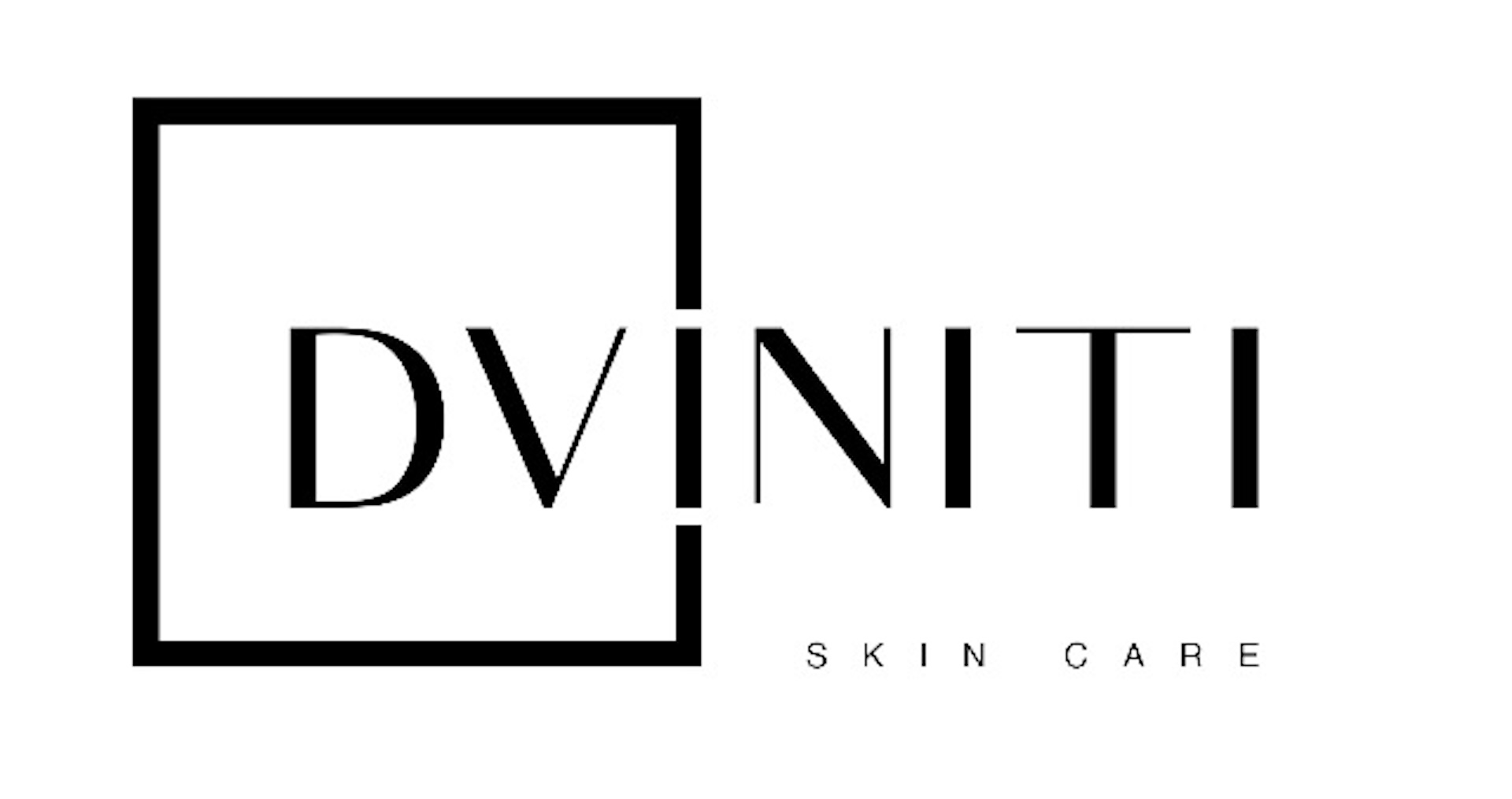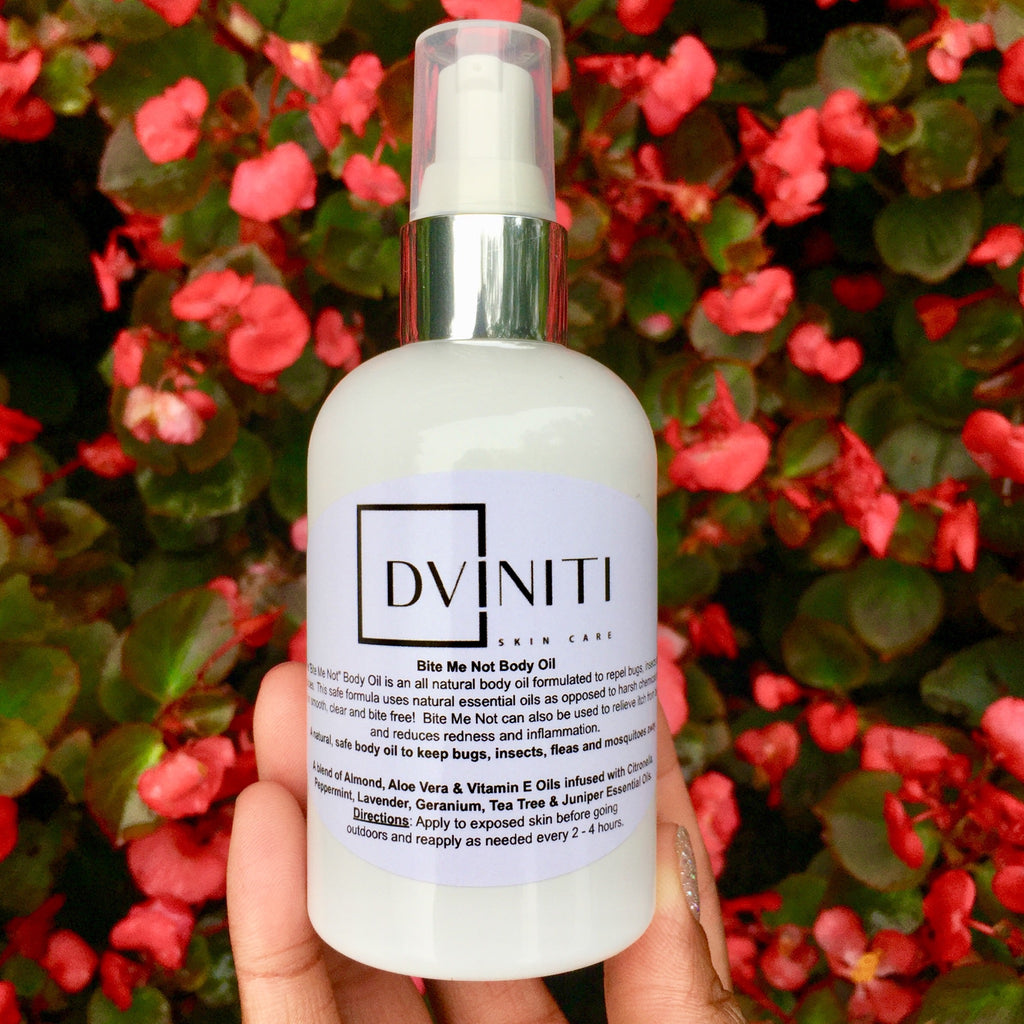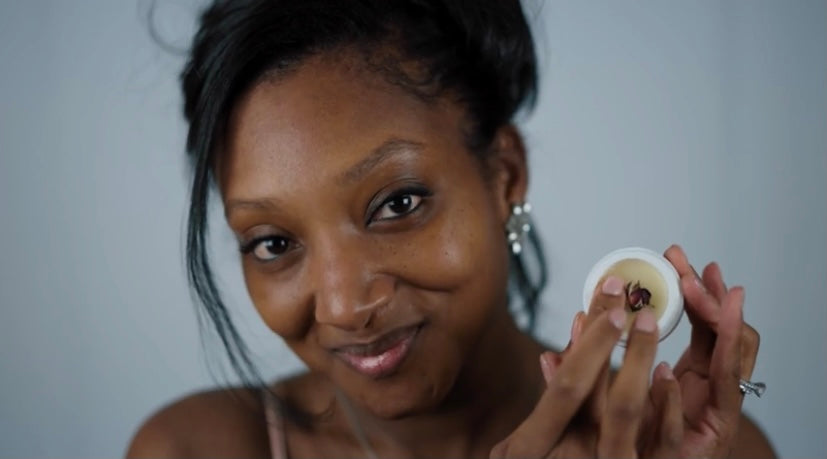What is the Cost of Leading Bug Sprays to Your Wallet and Your Health?
Posted on Wednesday, July 18 2018 12:21:00 AM in News by Moriah C.
A World of Chemicals: How can you determine which are safe and which to avoid?
“If we are troubled by mosquitos, chiggers, or other insect pests on our persons we have a choice of innumerable lotions, creams, and sprays for application to clothing or skin. Although we are warned that some of these will dissolve varnish, paint, and synthetic fabrics, we are presumably to infer that the human skin is impervious to chemicals.”
Developed by Samuel Gertler in 1944, diethyltoluamide (commonly known by the brand name "DEET") is the active ingredient in many commercial bug sprays still used today. Gertler, working for the US Department of Agriculture, developed DEET for use by the US Army following its experience in jungle warfare during World War II. DEET proved to be effective at preventing soldiers from contracting fatal diseases like West Nile Virus and Malaria in foreign lands with heavy exposure to infested insects. It is a hydrophobic liquid formula that prevents bugs, mosquitos and insects from being able to detect human scent for hours at a time. Approximately one third of the US civilian population (and about 8 billion people since its development in 1944) have used a product containing DEET to repel insects. Over the counter sprays can have anywhere from 10% to 100% DEET.
According to the CDC (Centers for Disease Control and Prevention, a US agency that tracks and investigates public health trends), no more than 30% DEET should be present in any formula. Concentrations over 30% are not more effective and only increase your chemical exposure. Proven to repel bugs from skin for up to twelve hours, DEET is effective when used in heavily infested areas where chemical absorption is preferred to becoming ill with a fatal disease. Bug sprays containing DEET may be overkill for low risk, daily outdoor activities. Just think about it, why would you expose yourself or your family to a product that was intended to be used in "jungle warfare"? Other reasonable instances when a stronger bug repellent may be warranted include camping or hiking where the risk of infectious bug bites (i.e. Lyme disease) outweighs chemical exposure. Wise discretion to manage the types and amounts of synthetic chemicals one contacts is a necessary consumer responsibility.
However, without a background in chemical or life sciences, consumers may face challenges choosing the proper protection. Transparency about the potential hazards of misuse/overuse of chemical sprays is imperative. Consumers need to feel compelled, with urgency, to learn more about chemical exposure and demand safe options from manufacturers. There are copious amounts of chemicals that are banned from commercial use in the EU; US consumers need higher standards. If certain ingredients are to remain available for consumers, it would seem more appropriate for potential hazards to be labeled in bold print with the proper symbols to depict and highlight warning messages. Instead, marketing is used to make products more attractive while potential hazards and warnings remain in small print - have you ever wondered what subliminal messages are implied with that sort of labeling? We live in a world of chemicals that we rub, ingest and inhale into our bodies. Basic scientific understanding and impacts of careless use of products must be studied and applied by everyone - I strongly encourage consumer engagement! Furthermore, it is the social responsibility of manufacturers and governments to ensure health and safety of citizens and provide information in transparent, honest and understandable ways.
The market for bug spray is growing and expected to generate $4.8 billion dollars by 2022. It is required to specify the percent of active ingredients—like DEET. Some ingredients can be listed as “other ingredients” - typically ingredients under a certain concentration are not listed as they are considered to be present in very low, trace amounts. There is, however, an extensive list of what should be done if the bug spray is ingested improperly and what poison control hotline to call. It is advised on the bug spray bottle to apply it in an outdoor setting and not an enclosed area as the DEET fumes are toxic to inhale. The price consumers are willing pay for avoiding mosquitos, bugs and insects during simple outdoor activities is too high when compared to the potential the health and safety concerns.
Although effective, DEET should be use properly to prevent misuse and overuse by consumers — especially children. In some cases diethyltoluamide may contribute to skin irritation, allergies and seizures. Human fatalities have not be traced to DEET, however, it has been found to be slightly toxic for fresh-water fish such as rainbow trout and tilapia. It also has been shown to be toxic for some species of freshwater zooplankton which serve an important role in balancing aquatic ecosystems. In an article written by the Washington Post it suggests that in most cases, if DEET based bug sprays can be avoided, they should be. They suggest “plant based” bug sprays as effective, initial options. In a study by 6ABC, natural bug sprays containing eucalyptus and lemon oils were very effective. Other effective ingredients include lavender, juniper, geranium, tea tree and citronella and can be combined to repel specific insects as needed. Plants natural composition provides their first line of defense against bugs looking nibble away at their leaves. Complex organic compounds like essential oils, a plant's very essence, are very potent and effective in doses as low as 0.5% - 1% when combined with a carrier (like coconut and almond oil or rubbing alcohol and water). Plant based repellents offer protection from bugs in addition to wellness benefits for the user making them a wise choice for keeping low profile pests off the skin!
What Can You Do to Create Awareness for Safer Consumer Household Products?
Unlike leading bug sprays containing DEET and “other ingredients”, DVINITI Skin Care offers an all-natural bug repellent called “BITE ME NOT”. Additionally, “BITE ME NOT” serves as soothing relief to stop the itch from bug bites. The formula is made from 100% natural ingredients such as almond oil and aloe vera to moisturize the skin and can be used daily. “BITE ME NOT” is further enhanced with essential oils such as peppermint, lavender, and citronella to keep mosquitos, gnats, and fleas away. Even though “BITE ME NOT” is a natural formula, it is important to gain an understanding of the ingredients and any adverse side effects that may be caused due to allergies to the plant-based products. Young children can use the product with parental guidance and supervision as an extra precaution.
For this, DVNITI Skin Care offers the service of customizing products to consumer preference. If you want to add or remove ingredients, you can do so effortlessly by working with a chemist who will formulate an all-natural skin care (i.e. bug repellents) to meet your needs. The DVINITI Skin Care mission to INFORM – EMPOWER – CREATE is made evident by the company’s efforts to offer safe products, host workshops, provide chemical updates and enable consumers to engage in the creative process; allowing the exchange of knowledge to keep our families and communities safe.
As we conclude with this update with a positive, brighter outlook, let us ponder on the following:
-
What would you create if you could design the perfect products for your skin today?
-
How would understanding the chemistry of skin care and other household chemicals benefit your life and your loved ones?
-
Who can share this information today to help INFORM – EMPOWER -CREATE?
-
What would life be like if pursuing a state of happiness, peace, perfect health and joy was valued over the accumulation of money and profits?
“The ultimate answer is to use less toxic chemicals so that the public hazard from their misuse is greatly reduced… Public education as to the nature of the chemicals offered for sale is sadly needed.”
This article was brought to you by:
Moriah C., Life Sciences Major, Business Minor - PSU
Sources:
https://www.alliedmarketresearch.com/mosquito-repellent-market
https://www.washingtonpost.com/national/health-science/chemical-based-insect-repellents-work-but-you-may-want-to-try-safer-alternatives/2014/06/23/e676875c-d789-11e3-95d3-3bcd77cd4e11_story.html?noredirect=on&utm_term=.dfa2d85f80d0
http://npic.orst.edu/factsheets/DEETgen.html
http://6abc.com/health/consumer-reports-keeping-your-kids-critter-free-at-summer-camp/3746601/
"Silent Spring" by Rachel Carson
EWG.org
"Essential Oils Pocket Reference" 7th edition










